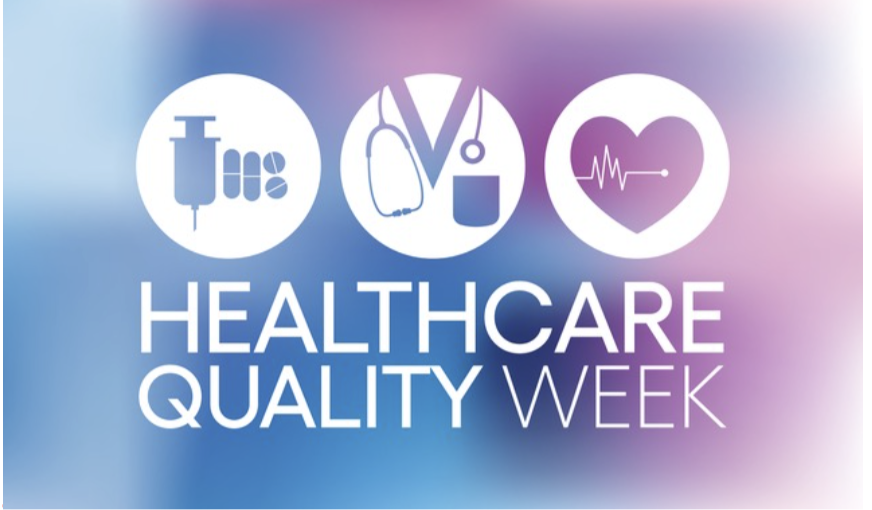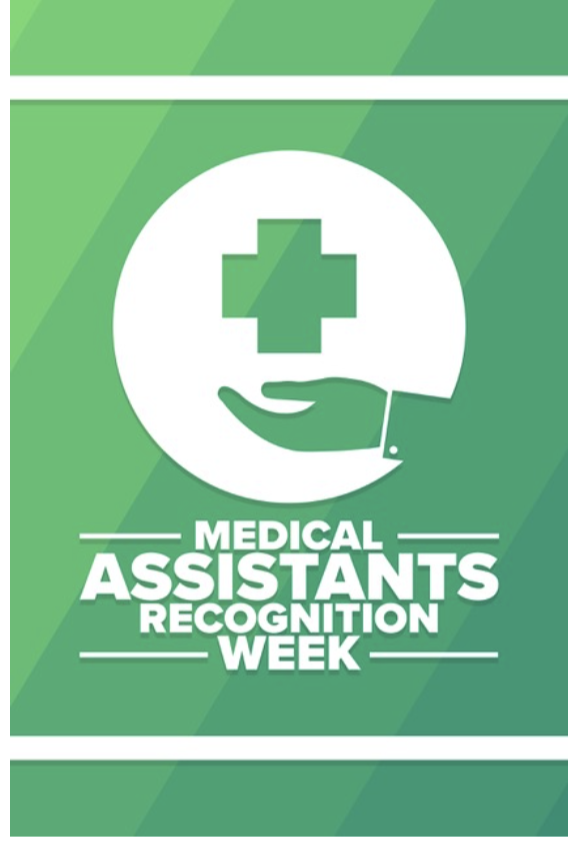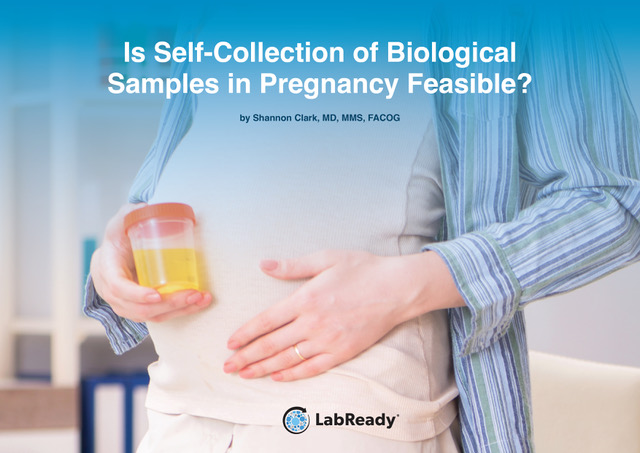Infections can have profound affects when experienced during pregnancy. We are going to share with you what screening tests you should expect from your obstetrical care provider, when you should have these tests, and questions you should ask. Being informed is your best strategy to staying healthy and it gives your baby the best chance to enter our world healthy.
Why screen?
Because adverse pregnancy outcomes can be avoided with routine screening for certain infectious diseases.
This blog series will provide you with an overview of the recommended screening tests for infectious diseases you should expect during your prenatal care. Knowledge of these routine screening tests--when the test is recommended during pregnancy, what specific testing method you should expect, and accurate interpretation of test results-- is part of the basic understanding of your routine prenatal care.
List of Recommended Routine Screenings for Infectious Diseases During Pregnancy
- Urinalysis/Urine Culture—UTI (Blog 1)
- Hepatitis B & C (Blog 2)
- Human Immunodeficiency Virus--HIV (Blog 3)
- Rubella and Varicella--Measles and Chicken Pox (Blog 4)
- Sexually Transmitted Infections (Blog 5)
- Group B Streptococcus--GBS (Blog 6)
- Tuberculosis--TB (Blog 7)
Understanding Rubella-Varicella and your Pregnancy
Rubella and varicella are both viral infections that are now covered with childhood vaccinations. However, you may or may not have been vaccinated, or you may have lost your immunity after infection or vaccination.
Acute rubella or varicella infection in pregnancy can cause serious pregnancy complications and even birth defects in your baby, the fetus, via congenital rubella or varicella syndrome.
When to Screen
All pregnant patients are screened for rubella immunity on entry to prenatal care through serological testing for rubella IgG antibody avidity or rubella-specific IgG and IgM via enzyme linked immunoassays (ELISAs).¹
If immunity is not present, you are advised that to avoid any potential exposure to rubella while pregnant. Once you deliver, vaccination with the measles-mumps-rubella (MMR) vaccine is then offered because it is a live attenuated vaccine that cannot be given during pregnancy.
You should be asked on entry to care if you have had varicella infection in the past or if you were vaccinated. If you cannot confirm your vaccination, varicella IgG serology can be obtained to see if you are immune. If not immune, vaccination after delivery with the varicella vaccine should be offered since, like the rubella vaccine, it is a live attenuated vaccine.
Testing Method and How it is Done
Your obstetrical care provider will do/order a serological test for rubella, and an IgG serology test for Varicella.
What are They Looking for in your Sample?
Serology tests look for antibodies in your blood. If antibodies are found, that means there has been a previous infection. Antibodies are proteins that can fight off infections.
Some Questions to Ask your Healthcare Provider
What causes rubella?
What problems can rubella cause during my pregnancy?
Can I pass rubella to my baby during pregnancy?
What are the chances of passing rubella to my baby during pregnancy?
How is rubella treated?
To learn more about perinatal infections, visit labready.com, and reach out to our professionals at hello@labready.com
About the Author:
Shannon M. Clark, MD, MMS, FACOG is a double board-certified Obstetrician and Gynecologist, and Maternal-Fetal Medicine Specialist focusing on the care of women with maternal and/or fetal complications of pregnancy. After finishing medical school at the University of Louisville School of Medicine in Louisville, KY, Dr. Clark completed a residency in Obstetrics and Gynecology at Allegheny General Hospital in Pittsburgh, PA. During her first year of residency, she realized her passion for taking care of women with complicated, or high-risk, pregnancies and subsequently pursued a fellowship in Maternal-Fetal Medicine and a master’s degree in Medical Science at the University of Texas Medical Branch in Galveston, TX where she is a professor with roles as clinician, researcher, and educator.
Next Blog:
Pregnant? How to Keep You and Your Baby Healthy
Get Screened for Infections During your Pregnancy – Sexually Transmitted Infections (STI)
Get Screened for Infections During your Pregnancy – Sexually Transmitted Infections (STI)
References














